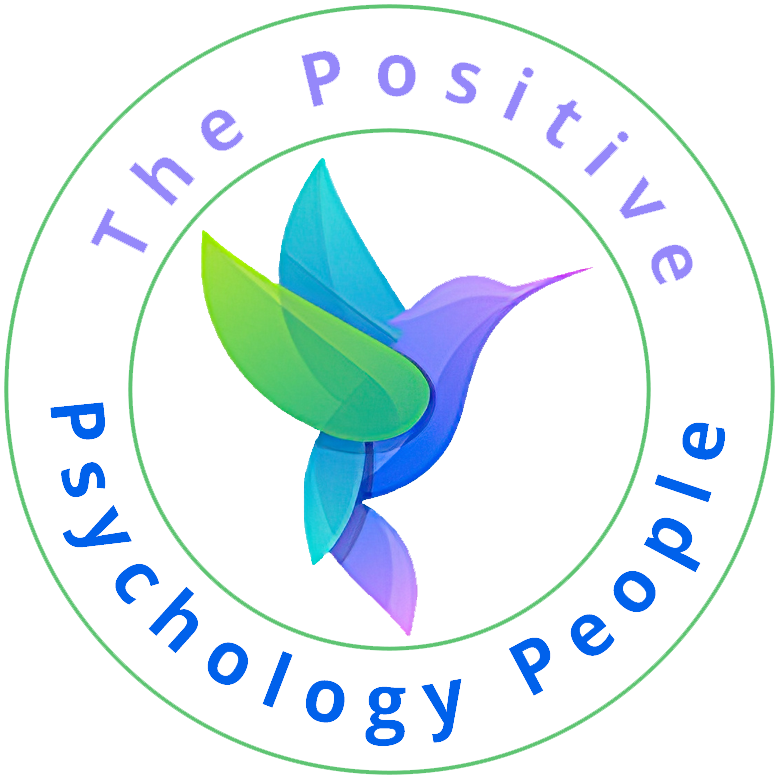
by Aren Henry | December, 2015 | Clarity is . . ., Karen Henry
In our hectic, sometimes confusing and mixed up world, priorities are the only thing keeping us focused on what matters most to us. For many of us, prioritizing is our business. It’s our skill set that we teach or coach or instill in others. We discuss feeling ‘over’ or ‘under’-whelmed with all that the world is tossing at us. Sometimes, it feels like life is being shoved at us from a drive-through window. Don’t you want to just…. slow…. down? I do. I have. Just today, I thought of a metaphor for life itself in regards to prioritizing. I was driving through a place with a line wrapped snuggly around the building with pushy, aggressive people, in their cars, waiting impatiently to get their coffee pushed at them out the drive-through window. The irony of being impatient while waiting for coffee from a window was not lost on me. Not everyone around the world or in every country has drive-through windows attached to our FAST food places, but we do here, in droves (pun intended). I wondered, “Where are our priorities?” I thought of the millions of people around the world who could take that same $2.00 and buy their child a full meal. And the millions of others who would benefit from less rush, more appreciation. Life is like that silly system that we’ve become accustomed to. We want everything instantly. We expect everything to be easy, convenient, effortless. Only when you have lost everything will you know what it is to let go of everything that doesn’t really matter. To prioritize people above “instant gratification” (Veruca Salt...

by Dan Collinson | December, 2015 | Positive Psychology, Strengths
Shared Decision-Making and Positive Psychology I’ve recently heard a talented researcher speak about the topic of shared decision-making, stating that no one can hope to know exactly how another person feels or what works best for them and their circumstances, that person will be the expert in themselves. This is precisely the stance I felt informed my exploration of flow experiences and positive psychology generally. To hear it now in the early stages of my PhD journey in reference to an approach to decision making within psychotherapy caused one of those wonderful ‘lightbulb’ moments as I’ve attempted to tease out how my previous knowledge ties in with my current research focus. The realisation came hard and swift that: shared decision-making falls firmly under the scope of positive psychology, MY positive psychology. In an earlier post ‘What positive psychology means to me’ I stated that to me, positive psychology is not simply about the pursuit of happiness, but about the pursuit of excellence, of people working at their best, with that excellence being defined by their own standards, enjoyment, and satisfaction when working towards their greatest potential and excelling themselves. I truly believe that a shared decision-making approach to psychotherapy fulfils this remit. Optimising for the client, based on the client As mentioned previously, shared decision-making is at the core of the pluralistic approach to counselling and psychotherapy (Cooper & McLeod, 2011). An approach utilising shared decision-making seeks on the one hand to involve the patient or client in their own care, potentially resulting in a sense of empowerment in tackling their illness or disorder. Yet, it also seeks to...

by Dan Collinson | December, 2015 | EMAPP Portugal
The willingness to change the world in the classroom of EMAPP* A few days ago, in a Portuguese EMAPP class, we were talking about the scope of our final projects when we realised that all of us wanted to “change the world”. Upon listening to this illation, that someone said out loud, we all agreed and laughed about the accurate and timely nature of the statement. In fact, all of our projects, in some way, support the desire to improve society, to contribute to the common happiness or to develop more positively the human beings and their belonging groups. As a matter of fact, positive psychology, as a scientific knowledge, seems to match perfectly with this shared purpose but why this happens? Do we all want to be superheroes or is there a scientific explanation for this desire to make a better world? Generativity: When the legacy brings well-being There is a concept that can explain this collective interest. It’s called generativity and belongs to Erikson[1] referring to the adults’ concern for and commitment to the well-being of the next generations as manifested in parenting, teaching, mentoring and other behaviors that aim to leave a positive legacy for future generations (for example, being a reference to someone, feeling useful, doing some volunteer work, etc). According to the model of the mentioned author, generativity can be reached at midlife which happens at the age of 35-60 years. What studies have shown is that generative individuals have higher levels of subjective well-being and happiness[2]. That is, generative individuals look for the well-being of others and, from this demand, achieve personal well-being....

by Dan Collinson | December, 2015 | BNU
Are some people luckier? Have you noticed that some people seem to experience more good luck than others? Why is that? Are they just lucky so-and-so’s or might they actually be able to ‘attract’ good luck? Books such as The Secret may sell you the idea of a universal ‘law of attraction’, in which ‘like attracts like’ and that positive thoughts will bring positive things your way, and negative thoughts attract negative events. Personally, I’m not convinced. However, that’s not to say there is nothing we can do to influence our luck. As someone who has spent an unhealthy amount of time exploring the concept of luck, or more specifically, the psychology of luck (I did a PhD on the topic!), I’ve come to the conclusion that ideas drawn from positive psychology might just shed some light on the matter. It’s all part of a project called ‘Go Luck Yourself!’, which you can find out more about, and even participate in, here. To give you a flavour of the project, consider these 5 simple, yet effective, ways to change how you think about luck and see how they have the power to transform your luck experiences… Embrace ‘luck’ So many things in life are uncertain, unexpected and unplanned. Most days will involve events like this, big or small. The challenge (indeed, the fun!) is to embrace these events and acknowledge that much of what happens to us is down to luck, good and bad. Notice it. Accept it. Embrace it. The ‘good luck mindset’ If you tend to expect good luck rather than bad, you may find that you’re...

by Dan Collinson | December, 2015 | Strengths
Identity and style On the heels of divorce, I hadn’t been feeling great, awkward in everything I wore, not sure whether to look available or aloof. My empty handed shopping expeditions left me frustrated and feeling old. When your identity changes, so does style, but what was my identity now? Trying to achieve one’s style is linked to identity and how we see, portray, and feel about ourselves. Yet, the pressure to follow trendy styles made me feel foolish and out of place. Who I am/was/would be and what I was wearing did not reflect my current state. I was surprised to discover the role clothes played in how I saw myself and hesitated writing this blog, Seriously? Fashion, style, and positive psychology?! How our look affects us I’m not talking about spending thousands on clothes or hours in a spa, nor a narrow focus on appearance to the exclusion of intellect, or personality, rather, playing up physical strengths that make us unique and beautiful to bring out the best in ourselves. In fact, Mausch and Hefferon (2014) are on the case; how we look affects us. Consider a haircut; it’s not major, but enough to refresh you for a time. Changing our look can disrupt the habitual ruts in which we find ourselves, transform identity and be a source of positive emotion. While standards vary, we easily spot beautiful people. Not the usual runway models, they are individuals who confidently express their identity through a carefully developed sense of style that suits them well (cut, color, size), demonstrates self-respect for the body (no gratuitous cleavage, purposeful thong lines,...






